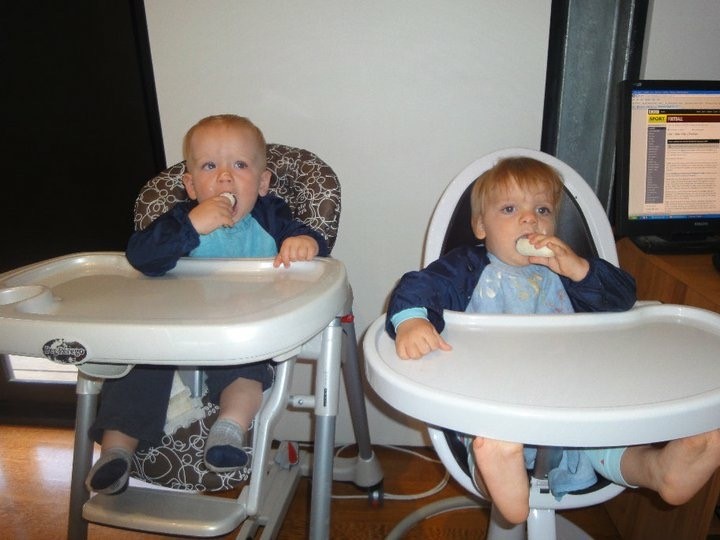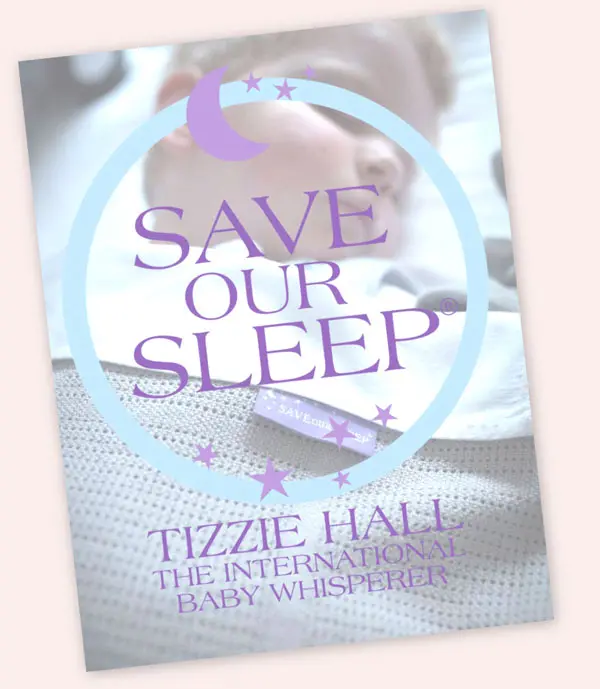In the media recently there has been a lot of talk about baby foods and the sugar content in some of the packaged baby foods that are marketed toward baby’s and toddlers.
Executive Manager of the Food for Health Alliance, Jane Martin, is warning that ready-made pouches don’t meet nutritional guidelines, saying parents are often being ‘hoodwinked’ into thinking they’re healthy snacks. She recommends mashing up a banana or avocado, rather than buying expensive readymade foods marketed towards babies and toddlers.
But we know many parents are time-poor and exhausted and just want to grab something quick and easy when the kids are starving and hangry!
What can you feed them instead?
I have found a strong link between commercial baby foods and sleep problems, particularly night-waking, when store-bought meals make up a significant part of a baby’s diet. When these babies are switched to homemade food the night-waking disappears. I believe commercial baby meals don’t contain enough nutrients or the servings are too small to fill a baby up completely so she wakes at night hungry. The other problem with commercial food is that older toddlers occasionally refuse to eat anything else and won’t join in with family meals.
This does not mean I am totally against commercial baby food, just against offering them most of the time. It can be useful to offer the occasional pouch or jar of baby food, however, so you can get your baby used to eating them on the odd occasion when it’s not possible to give them a home-cooked meal.

There is nothing wrong with giving your baby a pouch of puréed vegetables or fruit as part of her meal, and commercial baby breakfast foods can make a wonderful second course option for babies and toddlers. For example, creamy oats with sultanas added is similar to a rice pudding.
If you have a baby who will only eat commercial baby foods, try adding a little home-cooked food to the commercial food at each mealtime, and slowly increase the amount of home-cooked food and reduce the amount of commercial food until the entire meal consists of the home-cooked food.
Both salt and sugar should be avoided when weaning. Giving sugar too often in the first two years of your baby’s life could encourage a sweet tooth and refusal of savoury food. Your baby will get all the sugar she needs from fruit. Sugar is often listed in commercial baby foods as one of the following: dextrose, sucrose, glucose or fructose.
Salt should never be added to food for a baby or child less than two years of age as it can put too much pressure on a baby’s immature kidneys. If you are preparing a meal for the whole family, take out the baby’s portion before adding the salt. Watch out for hidden salt in things like adult breakfast cereal.
A good tip for time poor mums is to make up some meat purées and add them to the pouch or jars of baby food to bring up the amount of protein needed in them.
If you are traveling, you can purchase lumpy pouches or jars and purée them to feed your baby. These will have a larger amount of protein in them and once puréed be the correct texture for your baby.

Other great baby food ideas include:

Join our newsletter and receive a FREE download of the world famous Save Our Sleep Safe Bedding Guide delivered straight to your inbox!
PLUS you will also receive a thank you gift offer shortly after.